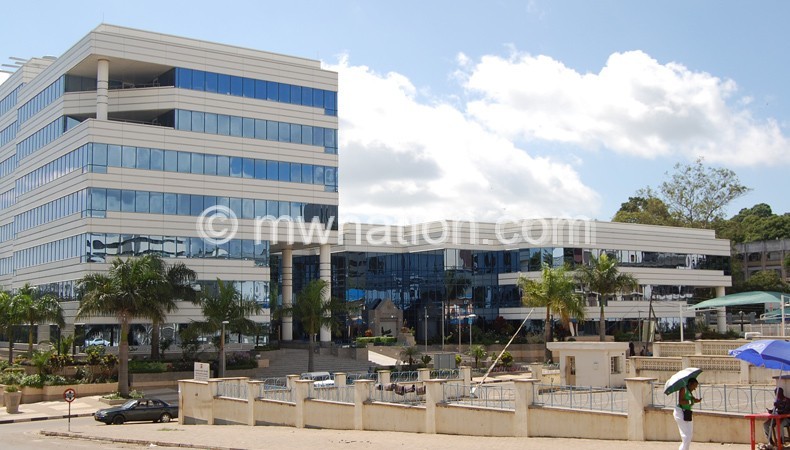Malawi hunts for forex in Ghana
The Reserve Bank of Malawi has signed a $30 million (K25 billion) currency swap deal with the Ghana International Bank in a push to ease foreign exchange shortages amid the country’s continued overreliance on imports, Nation on Sunday has learnt.
But a professor of economics has warned government against focusing on short-term solutions.

The RBM board approved the deal during its meeting in December last year, whose details are contained in a document which we have seen.
It reads: “The board was informed that the bank has negotiated a swap transaction with Ghana International Bank to augment the low levels of foreign exchange. This transaction is for $30 million (about K24 billion) for a period of one year at a swap margin of 6 percent.”
The central bank has said that the one year deal has been brokered by privately owned Ecobank.
“Further, the Reserve Bank of Malawi will pay the arranger of the transaction, Ecobank, a fee of 1.5 percent. On the Malawi Kwacha side, Ghana International Bank will pay the bank 7.5 percent thereby covering the cost of the transaction,” the resolutions read, in part.
In a response to a questionnaire, RBM director of communication Onelie Nkuna said the forex reserves were affected by the pandemic [Covid-19] while thinly dismissing fears the deal is a sign that the bank forecasts tough times on the foreign exchange front.
“Though this year the supply of foreign exchange was hugely impacted by the Covid-19 pandemic, the foreign reserves position was adequate to meet the demand for strategic imports such as fuel, fertilisers and health-related expenditures… As at end March, the country’s foreign exchange reserves were at 3.60 months of import cover,” she wrote back.
Nkuna banked the foreign exchange hopes on tobacco as the country has opened the market season of its main export crop and the International Monetary Fund (IMF) interventions.
“Going forward, in the short-term, the tobacco marketing season has just started. In addition, the country is expected to benefit from the IMF initiatives towards containment of the Covid-19 pandemic. This will certainly boost the foreign exchange reserve situation of the country,” she said.
Nkuna also pointed to other crops and the mining as other potential boosters for forex reserves.
“In the medium-term, as you might be aware, government has embarked on an export diversification drive focusing on exportation of agricultural products and mining activities.
“Currently, markets for crops like maize, pigeon peas, soya beans, among others have already been found. These and other efforts are going to further bolster the foreign exchange reserves position of the country in the medium to long term,” she said.
With all these forex prospects, Nkuna could not elaborate why they decided to strike the deal with the Ghana International Bank when we pressed her.
But professor of economics at University of Malawi’s Chancellor College Ben Kalua has warned government against relying on the currency swap deal advising authorities to focus on long-term solutions.
“Right now because of Covid-19 issues, we can do whatever it takes to ensure we have enough forex to support our imports. Going forward, this currency swap deal should not be treated as a long-term solutions and think out of the box to ensure we address the perennial forex gaps,” he said.
On her part, Malawi Economic Justice Network (Mejn) executive director Bertha Phiri supported the deal, saying: “Currency swap deals will help Malawi as a nation to engage into favourable loan rates in the local currency than if they borrowed money from a local bank.
“In a long run, favourable loan rates necessitate forex reserves. And if we happen to have such foreign exchange reserves, we will have our currency properly safeguarded, because foreign exchange reserves secure home currency from devaluation.”
Phiri also pointed out that the deal will help the country attract investors.
“Foreign exchange reserves attract foreign investments as they provide confidence to foreign investors and investment, triggering economic growth of our country,” she explained.





